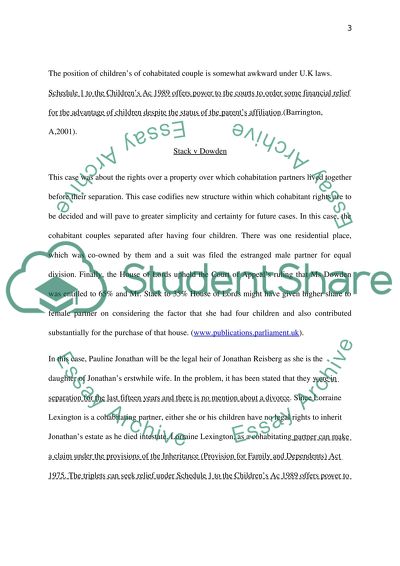Cite this document
(“Equity andTtrusts- problem question Essay Example | Topics and Well Written Essays - 1500 words”, n.d.)
Retrieved from https://studentshare.org/environmental-studies/1421389-equity-andttrusts-problem-question
Retrieved from https://studentshare.org/environmental-studies/1421389-equity-andttrusts-problem-question
(Equity AndTtrusts- Problem Question Essay Example | Topics and Well Written Essays - 1500 Words)
https://studentshare.org/environmental-studies/1421389-equity-andttrusts-problem-question.
https://studentshare.org/environmental-studies/1421389-equity-andttrusts-problem-question.
“Equity AndTtrusts- Problem Question Essay Example | Topics and Well Written Essays - 1500 Words”, n.d. https://studentshare.org/environmental-studies/1421389-equity-andttrusts-problem-question.


